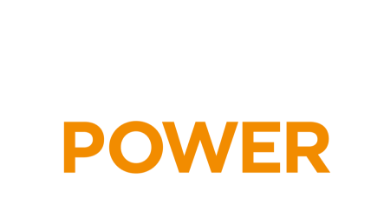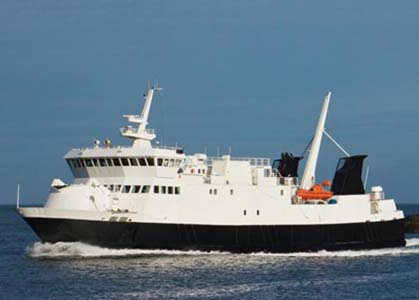DNV certification guarantees robustness and reliability within the maritime sector
Harsh weather conditions at sea require rugged batteries, with solutions compatible with water, condensation, and humidity. As a result, the guarantees in terms of design and safety required by the classification society DNV are very high. This approval allows the various players in the sector such as Forsee Power to have a guarantee on the quality and reliability of their products installed on board ships.
To validate the certification tests including safety and environmental testing, Forsee Power has made technical adaptations (LHD system, HVIL functionality), to the new “marine” Pulse 2.5 module, which the “road” module did not integrate.
A 2.5 kWh high-power extra-flat module for fast charging and hydrogen marine applications
Integrated into the high-power Pulse range, the Pulse 2.5 is an ultra-thin, fast-charging battery module for all-electric (100% batteries or hydrogen) and hybrid heavy applications. Its slim design makes it easy to fit into any electric vehicle space, even the smallest: floor, roof, and rear.
The module high-power module offers 6C continuous discharge current and 10C peak discharge current.
The pulse 2.5 “marine” is equipped with Toshiba LTO cells and a liquid cooling system designed by Forsee Power R&D team that allows to perform 15,000 cycles over more than 12 years.
The DNV-certified Pulse 2.5 module, a response to the decarbonization challenge in the maritime sector
One of the main emitters of greenhouse gas emissions, maritime transport must reduce its CO2 emissions by at least 40% by 2030. With the DNV certification, Forsee Power can support shipyards in the electrification of their equipment (100% electric or hybrid) by offering a solution to reduce their polluting emissions.
The Nordic countries, for example, are among the markets that have made strong commitments to the electrification of their fleets while their maritime projects are strongly growing. Thus, Norway has pledged to electrify 100% of its ferry fleet for public transport by 2025, or more than 200 ferries.
In Asia, Singapore has pledged to reduce its emissions by 75% by 2040, electrifying a large part of its port inbound/outbound operations and dockside equipment.
“The market potential is very promising on a global scale and local initiatives and incentives are multiplying to encourage zero emission operations before becoming the rule. On a ferry, several MWh of batteries can be installed. There is therefore a great interest in satisfying these large volumes with products suitable for rapid charging, which is the most widespread use. Without the DNV certification, which is widely recognized in the marine world, it would be impossible for us to address these markets!” explains Sébastien Rembauville-Nicolle, VP Business Development at Forsee Power.
The EU demands efficient, fair, and clean maritime transport. The Forsee Power R&D teams have thus ensured that the DNV-certified Marine Pulse 2.5 module can be integrated into numerous marine projects internationally.

